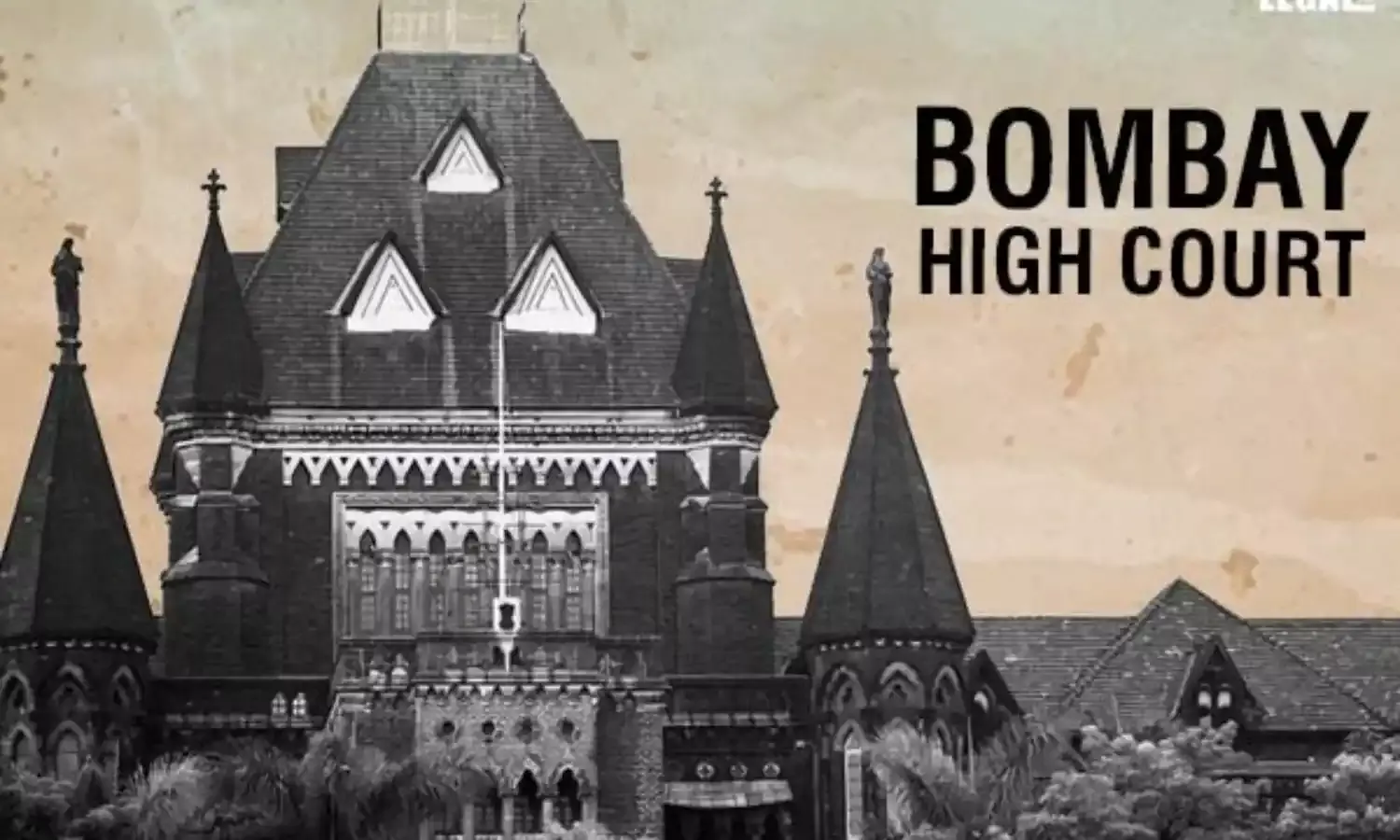Bombay High Court: Interest Paid On A Loan Taken To Invest In Shares Of A Subsidiary As Part Of Regular Business Activities Is Allowable Expenditure
The Bombay High Court has ruled that when an assessee, for commercial expediency and as part of its regular business;

Bombay High Court: Interest Paid On A Loan Taken To Invest In Shares Of A Subsidiary As Part Of Regular Business Activities Is Allowable Expenditure
The Bombay High Court has ruled that when an assessee, for commercial expediency and as part of its regular business operations, acquires a loan to invest in shares of its subsidiary, the interest paid on these utilized funds qualifies as allowable expenditure under Section 36(1)(iii) of the Income Tax Act.
Justices K. R. Shriram and Neela Gokhale noted that the assessee held an aggregate shareholding of 64% in the subsidiary. Therefore, it cannot be argued that the share application funds were not utilized for business purposes.
The assessee is engaged in the business of manufacturing and trading consumer electronics, home appliances, investments in shares and securities, and properties, among other activities. The assessee filed its income tax return for the assessment year 2008–09, declaring total income. An assessment was conducted under Section 143(3) of the Income Tax Act, 1961, resulting in an order determining the income of the assessee. Subsequently, an order under Section 154 revised the income of the assessee to Rs. 588,02,16,620.
Following this, the assessment was reopened under Section 147, and a notice under Section 148 was issued. The reasons to believe included three items: the disallowance of transport expenses amounting to Rs. 46,028, the disallowance of interest under Section 36(1)(iii) amounting to Rs. 12,87,36,636, and the disallowance of an upfront fee of Rs. 1,25,00,000.
The reassessment order was issued, determining the income to be Rs. 602,14,99,280, considering the three disallowances. Subsequently, the assessee filed an appeal before the Commissioner of Income Tax (Appeals). The CIT(A) partially allowed the appeal by deleting the disallowance of interest under Section 36(1)(iii) amounting to Rs. 12,87,36,636 and the upfront fee of Rs. 1,25,00,000.
The department filed an appeal before the Income Tax Appellate Tribunal (ITAT). However, the ITAT dismissed the appeal.
The department argued that the interest-bearing funds provided by the assessee to its subsidiary were essentially interest-free deposits disguised as share application money. Consequently, the interest paid to the Central Bank of India (CBI), which had extended a term loan of Rs. 500 crore, amounting to Rs. 12,87,36,636, should be disallowed.
The department argued that the upfront fees paid to CBI were for obtaining the term loan, which was then provided to the subsidiary as an interest-free deposit under the guise of share application money, and not for the assessee's own business purposes. Therefore, the upfront fee should also be disallowed. They contended that the interest-bearing funds were diverted for non-business purposes.
The assessee argued that the substantial amount of loan obtained from CBI and subsequently advanced to the subsidiary for increasing share capital valuation was justified by commercial expediency. The interest-free deposit provided to the subsidiary was a strategic decision made in the course of the assessee's various business activities, including investments in shares and securities. Therefore, they contended that no disallowance of interest should have been imposed.
The court held that since both the CIT(A) and the ITAT had reached a factual conclusion and the law clearly stipulates that if an assessee, for commercial expediency and as part of its regular business activities, takes a loan to invest in shares of its subsidiary, the interest paid on these utilized funds is allowable expenditure under Section 36(1)(iii) of the Act.
In light of the factual and legal circumstances of the case, the court found no reason to intervene in the challenged order. Accordingly, the court concluded that no substantial question of law arises and thus dismissed the appeal.

